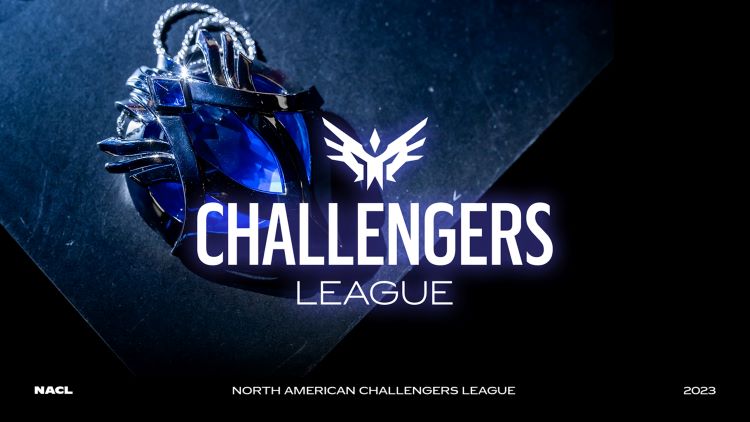LCS Announces Changes to North American Challengers League: New Rules and Opportunities for Talent Development
Following allegations that specific organizations in the league wanted to choose not to field a roster in the developmental competition, the LCS has announced adjustments to the North American Challengers League. Since its debut as the LCS feeder league, the Challengers League has gone through numerous changes. Teams could be joined in Challengers before the company was divided into franchises in the hopes of competing in promotion events to gain entry to the LCS.
Following franchising, the event evolved into a League of Legends for LCS clubs to sign young players and expose them to high-level play while paying them a respectable wage. Later, to create an actual amateur league experience, Riot Games let non-franchised amateur teams and collegiate squads compete with LCS Challengers teams in additional third-party events.
Challengers League teams are no longer required for LCS teams to field
According to a May 6 report, the LCS organizations opted to scrap the need for teams field NA Challengers League rosters. Days later, the LCS acknowledged that groups had requested the rule’s removal and that it would take effect for the Summer Split.
The changes was made to “unlock more operational and financial flexibility” for League of Legends teams competing in North America. The league stated that it would continue to run the Challengers League and is still dedicated to keep a North American talent development pipeline. Riot Games will introduce promotion and relegation mechanisms into the competition as a result of LCS organs leaving the second-tier league. All teams would compete on an even playing field, unlike in the past when teams would compete in other tournaments for a chance to join the NACL while LCS Challengers teams waited in the league for their arrival.
The release also disclosed that employing Chicago-based game servers rather than the Los Angeles-based ones used by professional teams because they are based in California would make the league “more geographically accessible.” Riot will also offer Twitch subscription opportunities and broadcast integrations to financially assist clubs in the company. The tease of “cross-region competition for the Americas” may be the biggest bombshell in the statement for the league’s future. Unlike the EMEA regional leagues, the second-tier system in North and South America does not communicate or participate in tournaments together.
While not committing to an EU Masters-style competition, the statement did indicate that Riot is “excited to explore what cross-regional competition can look like in the Americas region.”





Comments are closed.